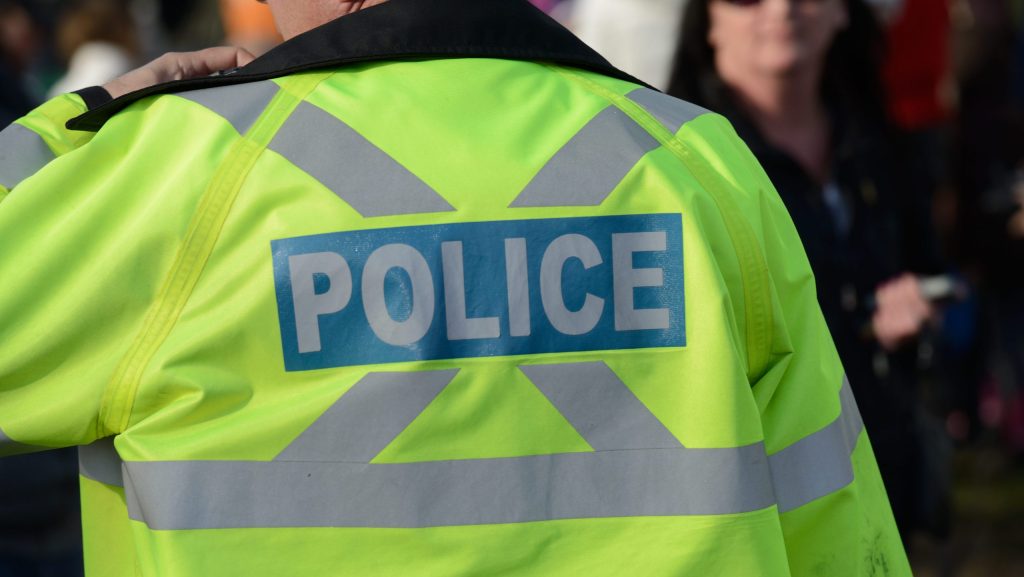Winnipeg police launch awareness campaign to combat impaired driving

Posted January 14, 2025 4:35 pm.
Last Updated January 14, 2025 6:59 pm.
The Winnipeg Police Service has launched a new campaign to combat impaired driving. The message? “Don’t Drive High.”
The Roadwatch drug-impaired driving initiative will focus on drivers under the influence of cannabis and other substances.
“Drug-impaired drivers continue to pose serious risk on our roadways,” said Stephane Fontaine, a WPS patrol sergeant.
“It’s dangerous, detectable and definitely illegal.”
The campaign will run now through March and hopes to educate drivers on the potential dangers edible cannabis products can have on the body.
“They could linger as long as up to or more than 12 hours, so those effects could very well be leading you into the next day,” said Fontaine.
According to the Liquor, Gaming, and Cannabis Authority of Manitoba, the sale of cannabis edibles has nearly doubled since legalization in 2018.
“Research indicates that cannabis does have an impact on driving performance and leads to decreased concentration, diminished attention span, slower reaction times and altered perceptions of time and distance,” said Tony Rinella, vice-president of MADD Winnipeg.
This project is funded by MPI and the provincial government, and aims to build off the momentum of December’s Holiday Checkstop Program, which found 12 people who failed drug screening tests.
A similar campaign last year caught 64 drivers out of 148 tested with an oral fluid test.
“We take it seriously because we understand the consequences of drug-impaired driving are tragic and are entirely preventable,” said Matt Wiebe, Manitoba’s minister of justice.
“By combining education with enforcement, we are aiming to prevent impaired driving before it happens and keep unsafe drivers off our roads,” added Maria Campos, vice-president of MPI.
Police said there is not an equivalent to mandatory alcohol screening for drugs, so officers have to form a suspicion that the driver is high to proceed with an oral fluid test.








